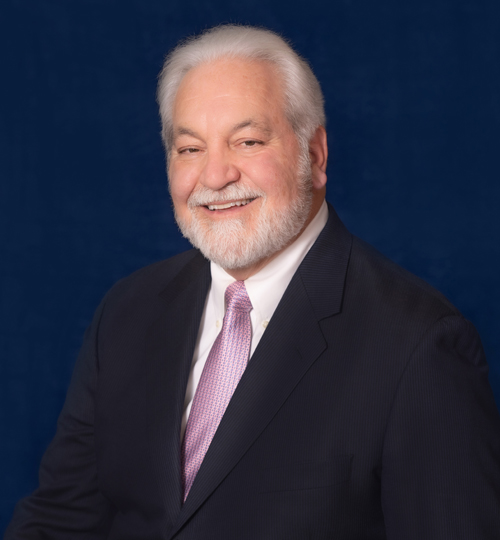
A group boycott is collusion by two or more competitors to keep a current or potential competitor (the target company) from a market. The conspiring companies accomplish this by refusing to deal with a company unless that company agrees not to do business with the target company.
A group of competing brick-and-mortar book retailers, for example, might collectively refuse to purchase inventory from a particular supplier unless the supplier agrees not to sell to a targeted online book retailer. Although the conspirators are in direct competition with each other, the conspiracy benefits all of them by reducing or eliminating competition from the online retailer.
Although businesses are permitted to choose their dealing partners under the law, a company with market power may have limits on this freedom. If a company with market power refuses to deal with another, and that refusal helps to maintain its monopoly in one market or to use its monopoly in one market to monopolize another, this could be deemed an antitrust violation.
Kohn Swift’s antitrust lawyers represent businesses (target companies) and consumers who sustain financial injury from group boycotts or refusals to deal.
two_column_grid_sectionA group boycott may violate federal and state antitrust laws if:
Some courts also require plaintiffs to demonstrate that the defendants:
While illegal group boycotts always involve collusion among horizontal competitors, parties in a vertical relationship to the colluding competitors may also take part in the conspiracy. These may be customers, suppliers, manufacturers, and others up and down a distribution chain that benefit from the boycott scheme. As long as horizontal collusion exists, those involved in the vertical aspect of the conspiracy can still be liable as participants in the unlawful boycott.
image_text_sectionsREFUSAL TO DEAL
In general, a business has the right to choose its business partners. However, if this refusal has primarily anti-competitive effects, it may lead to liability under federal antitrust laws. These laws prohibit arrangements that:
Refusal to deal can substantially reduce competitors’ market shares and profits or altogether remove them from a market. They can also harm consumers by raising the prices of goods or services to which the restricted dealing relates. Businesses who sustain injury from illegal refusal to deal may bring private actions under federal or many state antitrust laws.
Because a refusal to deal can have both pro-competitive and anti-competitive effects, courts employ a “rule of reason” analysis to determine if particular arrangements violate antitrust laws. In making its determination, a court may consider many factors, including the:
Damages recoverable by target companies and consumers in group boycott and refusal to deal cases include tripled actual losses and reasonable attorneys’ fees. Courts may also issue injunctions against group boycott participants to stop or prevent illegal group boycotts.
two_column_grid_sectionBEST LAWYERS HAS NAMED KOHN, SWIFT & GRAF AS A 2023 “BEST LAW FIRM”
Kohn, Swift & Graf, P.C. has achieved a Tier 1 ranking in Philadelphia in the area of antitrust law.
“The U.S. News – Best Lawyers® “Best Law Firms” rankings are based on a rigorous evaluation process that includes the collection of client and lawyer evaluations, peer review from leading attorneys, and review of additional information provided by law firms as part of the formal submission process. Firms who have at least one lawyer who has been recognized in the previous edition of Best Lawyers in a practice area and metro area currently ranked by “Best Law Firms” are eligible to receive a ranking.”
Joseph C. Kohn, William E. Hoese, Robert J. LaRocca, and Douglas A. Abrahams were selected for inclusion in Best Lawyers© in the area of antitrust litigation in 2021.
Zahra R. Dean was selected for inclusion in Best Lawyers© “Ones to Watch” in the area of mass torts litigation/class actions in 2021.
related_sectionGroup boycotts and refusal to deal schemes restrain competition and increase costs to businesses as well as consumers. If you believe you are the victim of group boycotts and refusal to deal, or other antitrust violation, contact us today for an evaluation of your case without charge.
Contact a Kohn Swift Attorney







1600 Market Street, Suite 2500 | Philadelphia, PA 19103-7225
© 2024 Kohn, Swift & Graf, P.C. All rights reserved.